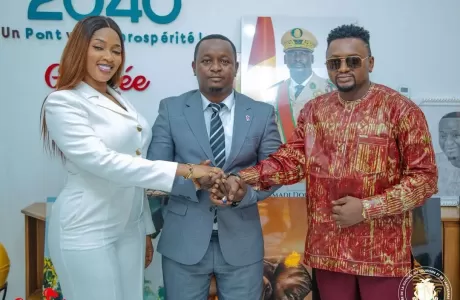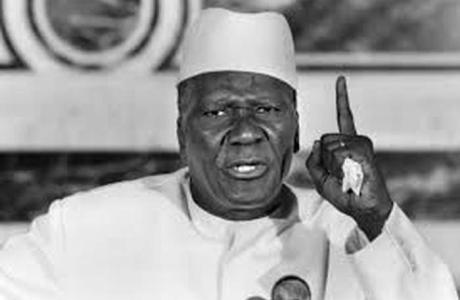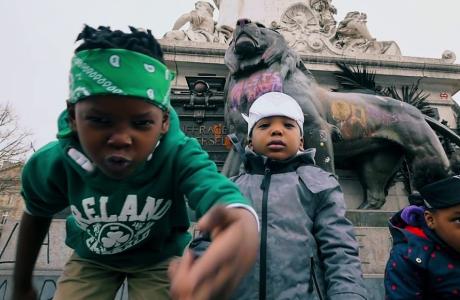
The Guinean artistic world was shaken this week by the highly publicized reconciliation of the iconic couple formed by singer Azaya and artist Djelykaba Bintou Kouyaté, nicknamed "La Patronne" (The Boss). This reconciliation, which occurred last Monday after several months of tensions and allegations of domestic violence, is generating both relief and controversy.
It was through a heartfelt message on his Facebook page that Mohamed Kamissoko, known as Azaya, announced this reconciliation: "Every household goes through difficulties and faces challenges. When people have loved each other and traveled part of the journey together, there should no longer be room for hatred or grudges."
This mediation was orchestrated by several influential personalities, including the President of the Republic himself, General Mamadi Doumbouya, as well as the Minister of Culture, Moussa Moïse Sylla. Azaya did not fail to express his "deep gratitude" for their support and "valuable advice."
As a sign of good faith, the performer of "Cercle de feux" (Circle of Fires) also announced his support for Djelykaba Bintou's upcoming concert scheduled for April 26, 2025, at the Petit Sory Stadium in Conakry, even promising to offer 200 tickets to his fans for the event that will celebrate "the rebirth of the Boss."
However, this public reconciliation has provoked outrage from numerous feminist collectives who denounce "a political-institutional staging that tramples on the rights, ethics, and dignity of victims." In a scathing statement, these associations remind that "domestic violence is not an accident of life. It is neither private, nor trivial, nor negotiable. These are offenses, sometimes crimes."
The feminists accuse the Guinean state of failing in its responsibilities by associating itself with this reconciliation without requiring explicit acknowledgment of the facts or reparation from Azaya, who had remained silent since the publication of photos showing traces of violence on Djelykaba Bintou.
This case highlights the persistent tensions between traditional practices of family conflict resolution in Guinea and modern requirements for protecting women's rights. It also questions the role of public institutions in managing domestic violence cases involving influential personalities.
The couple's fans, meanwhile, seem divided between relief at seeing their idols reunited and incomprehension given the seriousness of the events that initially triggered the controversy.













